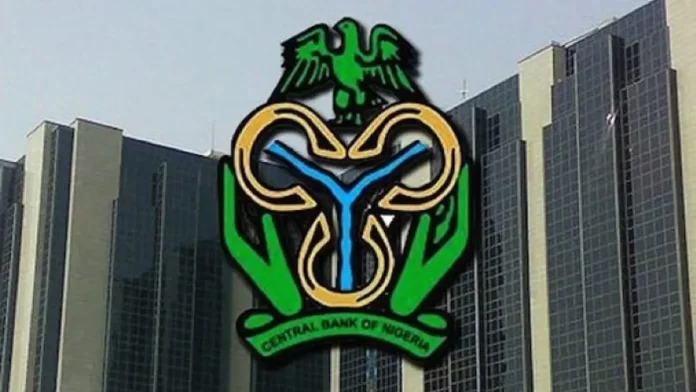Members of the Central Bank of Nigeria’s (CBN) Monetary Policy Committee (MPC) have made projections regarding the federal government’s fiscal deficit for the third and fourth quarters of 2023.
They base these projections on the government’s recent efforts to better manage expenditures and enhance oil and non-oil revenues.
These insights were shared in their personal statements included in the CBN MPC Communique 149.
Mr. Aliyu Ahmed, the Permanent Secretary of the Federal Ministry of Finance, Budget and National Planning, expressed his expectation that the fiscal deficit would decrease in the latter half of 2023 due to the government’s efforts to improve financial management, reduce expenditures, and boost both oil and non-oil revenues.
Government debt ratio may marginally decrease by year end
He also mentioned that the government’s debt ratio might see a marginal decrease by the end of the year.
Prof. Adenikinju Adeola, another MPC member, pointed out that government revenue and expenditure did not meet expectations between January and May 2023.
While government revenue fell short of targets due to underperforming Federation Account Allocation Committee (FAAC) receipts and independent revenue, government expenditure, particularly on capital projects, was significantly lower than budgeted.
The budget deficit decreased by -18.15 percent during the first five months of 2023.
However, members like Prof. Obadan Mike expressed concerns about the persistent fiscal deficits and growing public debt levels despite government efforts to increase revenue generation.
The MPC members called for a review of the border closure policy to enhance food supply in Nigeria.
They expressed worries about the decline in agricultural sector growth in the first quarter of 2023 and emphasized the importance of targeted interventions by both fiscal and monetary authorities in the agriculture sector to ensure food security and price stability.
They also highlighted initiatives like the CBN’s release of grains from the national strategic grain reserves to lower food prices and the need to leverage the African Development Bank’s Agro Pocket Wallet to support farmers in grain and fertilizer production.

